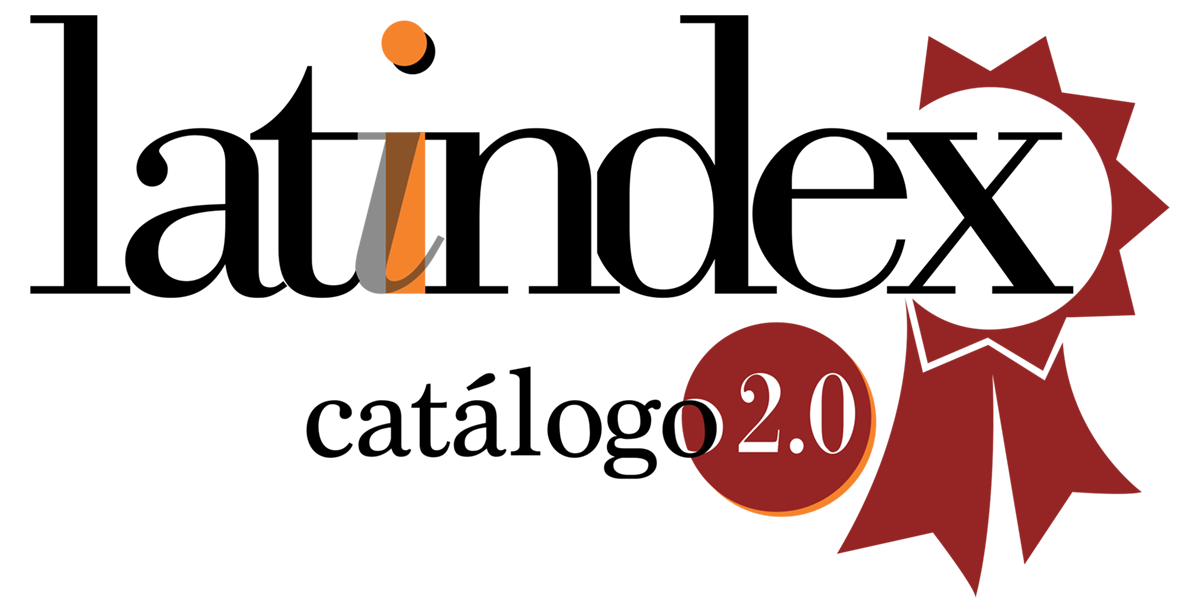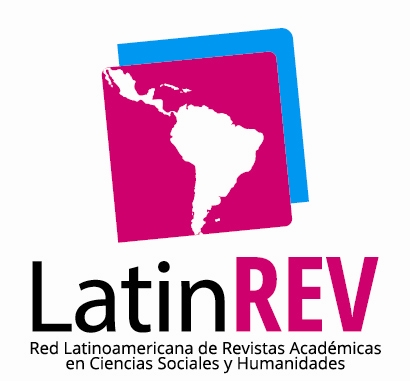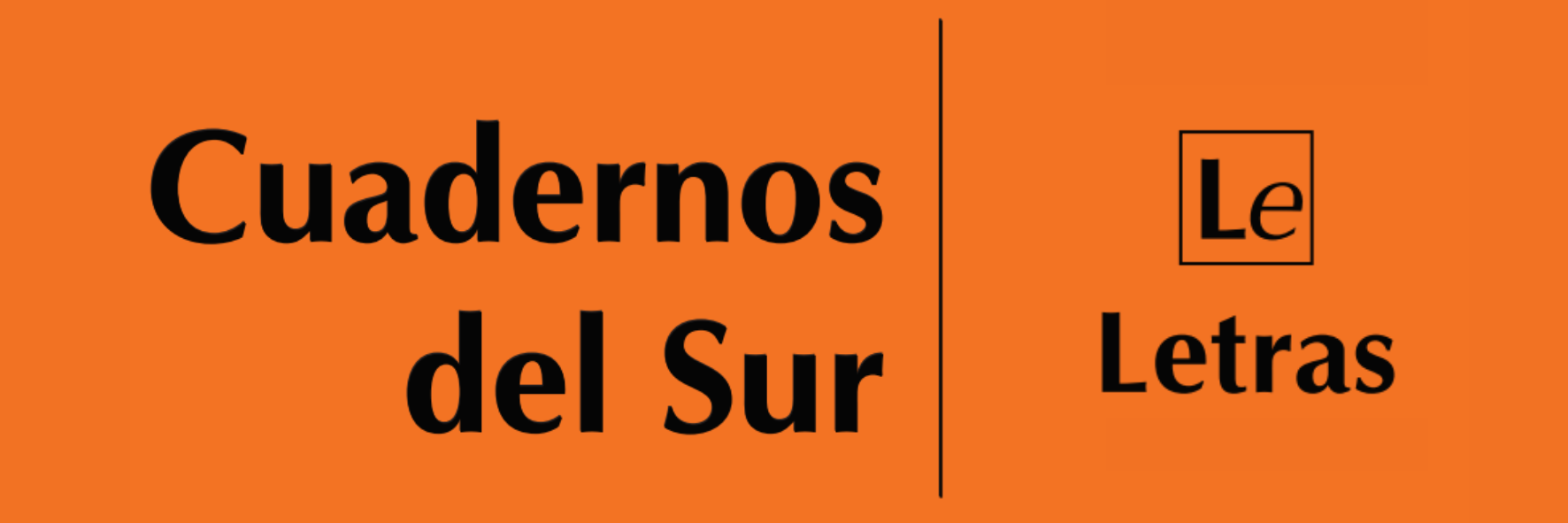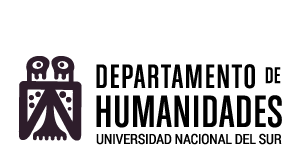Injusticia testimonial. Aportes de la micro-fenomenología en la entrevista médica
Keywords:
testimony, disease, micro-phenomenologyAbstract
This paper aims to address the experience of the disease in the first person, in relation to the testimony. The hypothesis presented here maintains that in the doctor/patient relationship, the discourse operates under prejudices that lead to a certain interpretation of who transmits a disease. In this sense, the micro-phenomenology as a philosophical method allows us to investigate the structure of the experience of the disease, understood as that which is transmitted by the patient and that has to be understood by the doctor. Following Miranda Fricker, the epistemic criterion that underlies this doctor/patient relationship is loaded with collective prejudices in tension with the particular experience that, through testimony, is carried out. In this way, the patient’s place of vulnerability and the doctor’s credibility schemes, act as preconceived concepts that lead to a certain interpretation of the lived experience.
Downloads
References
Carel, Havi (4 de octubre de 2014), “The art of medicine. Seen but not Heard: children and epistemic injustice”, The Lancet, vol. 384, pp. 1256-1257.
----- (2016), Phenomenology of Illnes, Oxford, Oxford University Press.
Fricker, Miranda (2017), Injusticia epistémica, Barcelona, Herder.
Gadamer, Hans Georg (1977), Verdad y método, Salamanca, Editorial Sígueme.
Gallagher, Shaun (2013), “The socially extended mind”, Cognitive Systems Research, vol. 25-26, pp. 4-12.
Leontiou, Jean (2010), What do the doctors say?, New York, Universe.
Merleau-Ponty, Maurice (1984), Fenomenología de la percepción, Barcelona, Planeta-De Agostini [ed. original en francés, 1945].
Nietzsche, Friedrich (1985), La gaya scienza, Venezuela, Monte Ávila [1882].
Petitmengin, Claire (2006), “Describing one´s subjective experience in the second person: An interview method for the science of consciouness”, Phenomenology and the Cognitive Sciences, nº 5, pp. 229-269.
Petitmengin, Claire et al. (2018), “Discovering the structures of lived experience. Towards a micro-phenomenological analysis method”, Phenomenology and the Cognitive Sciences, nº 18, pp. 691-730.
Riggs, Wayne (2012), “Culpability for epistemic injustice: deontic or aretaic?”, Social Epistemology, vol. 26, pp. 149-162.
Sacks, Oliver (2019), El hombre que confundió a su mujer con un sombrero, Barcelona, Anagrama [1985].
Vermersch, Pierre (1997), “La référence à l'expérience subjective”, Revue phénoménologique Alter, n° 5, pp. 1-16.
How to Cite
Issue
Section
License
Copyright (c) 2022 Catalina Barrio

This work is licensed under a Creative Commons Attribution-NonCommercial 4.0 International License.
Aquellos autores/as que tengan publicaciones con esta revista, aceptan los términos siguientes:- Los autores/as conservarán sus derechos de autor y garantizarán a la revista el derecho de primera publicación de su obra, el cuál estará simultáneamente sujeto a la licencia Atribución-No Comercial 4.0 Internacional CC BY-NC 4.0.
- Los autores/as podrán adoptar otros acuerdos de licencia no exclusiva de distribución de la versión de la obra publicada (p. ej.: depositarla en un archivo telemático institucional o publicarla en un volumen monográfico) siempre que se indique la publicación inicial en esta revista.
- Se permite y recomienda a los autores/as difundir su obra a través de Internet (p. ej.: en archivos telemáticos institucionales o en su página web) una vez publicado su trabajo, lo cual puede producir intercambios interesantes y aumentar las citas de la obra publicada. (Véase El efecto del acceso abierto).










